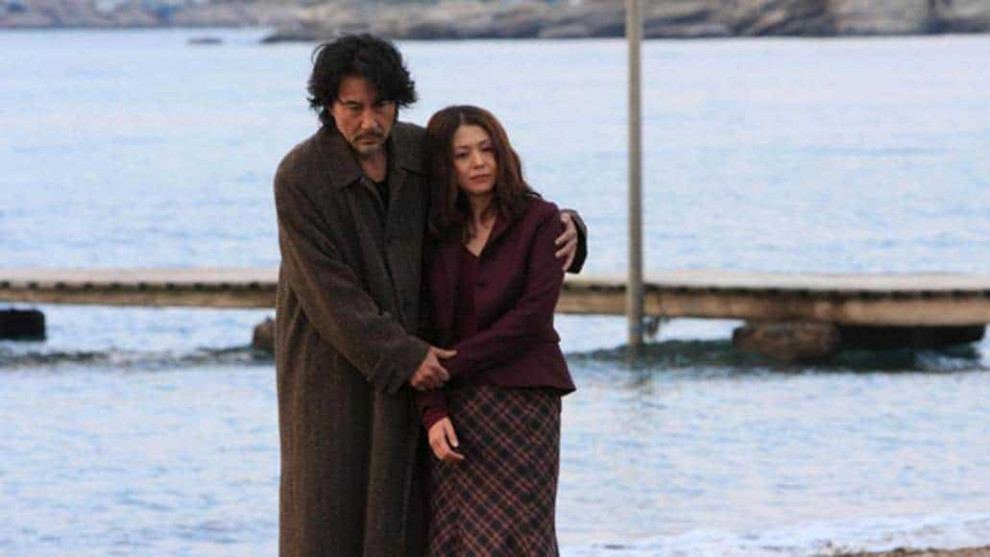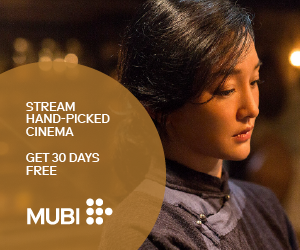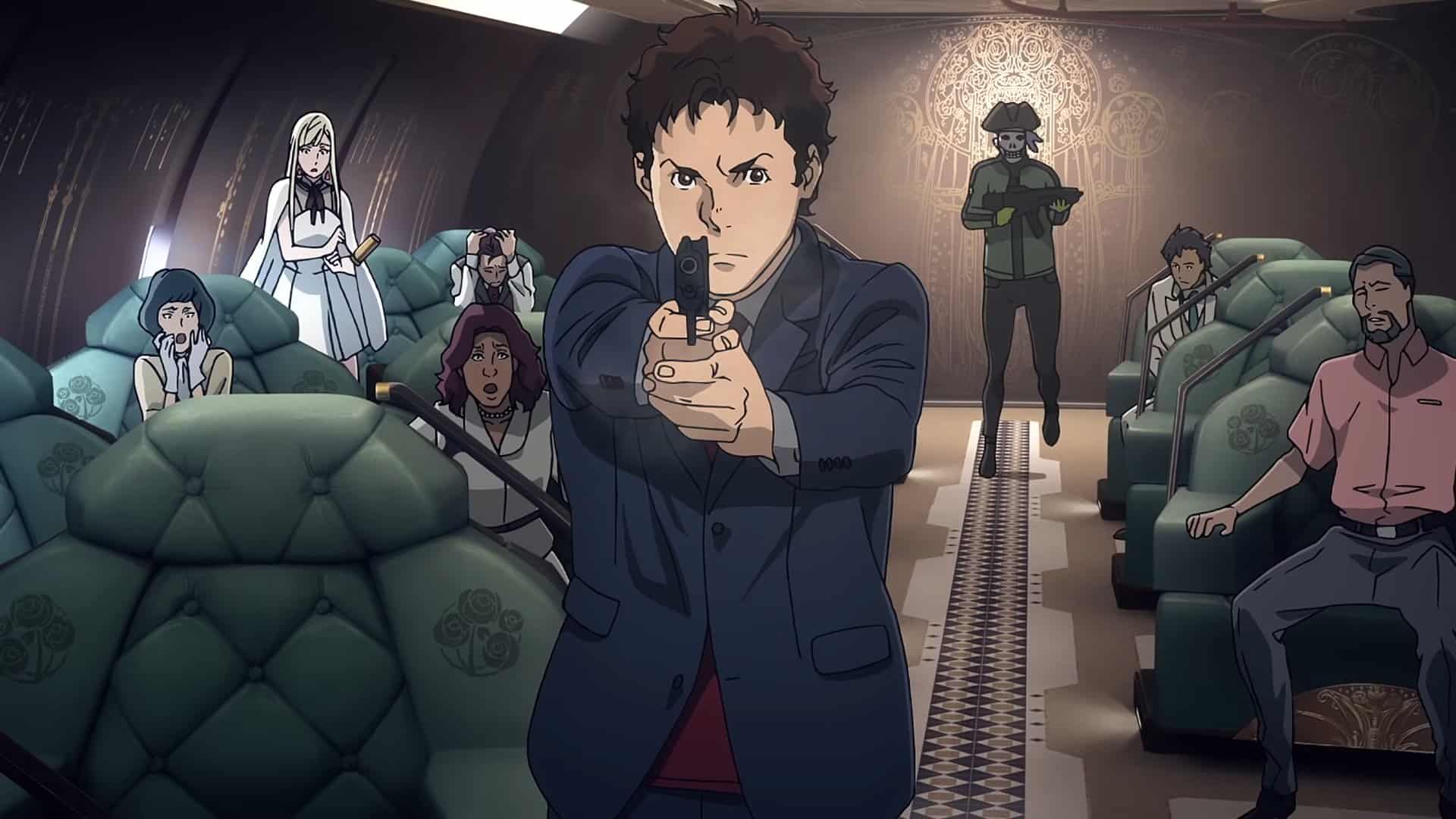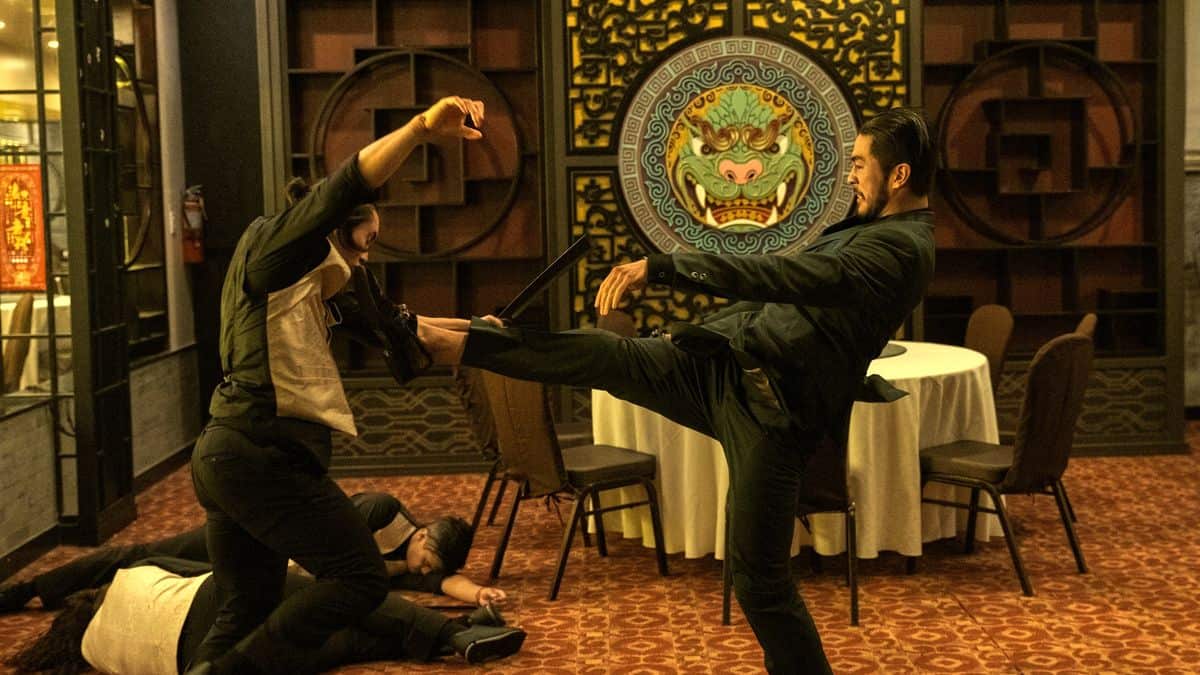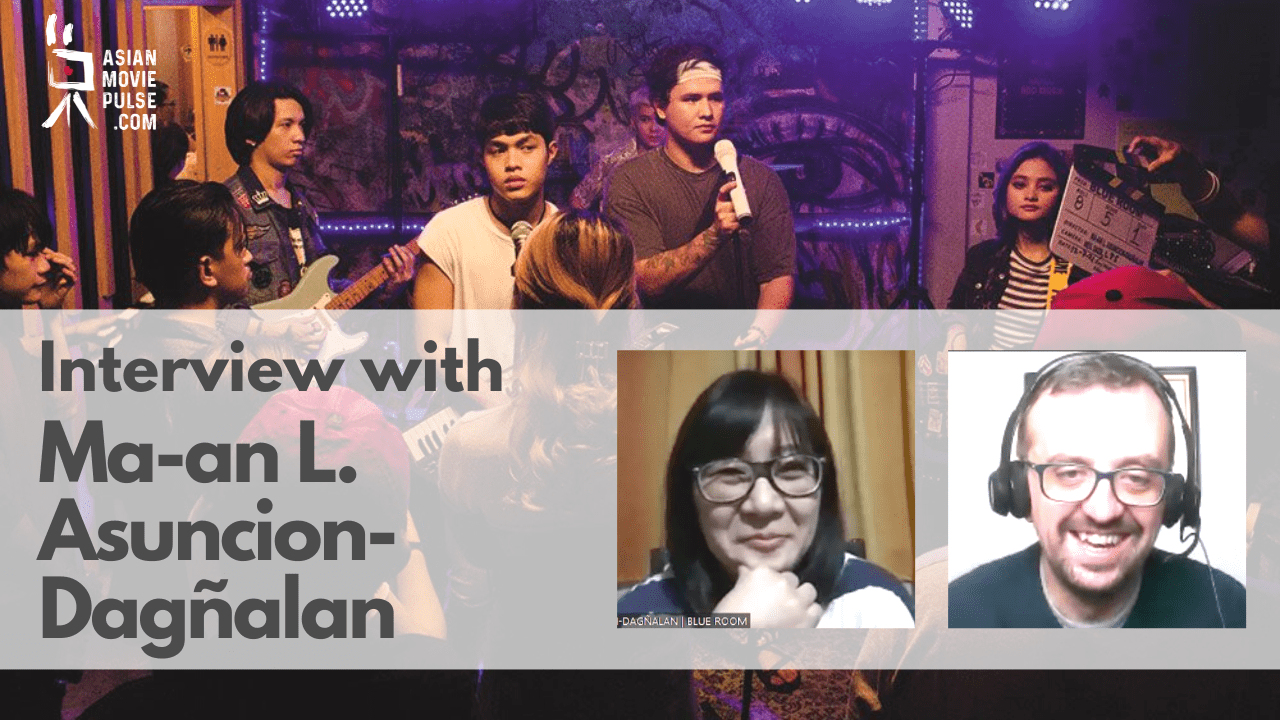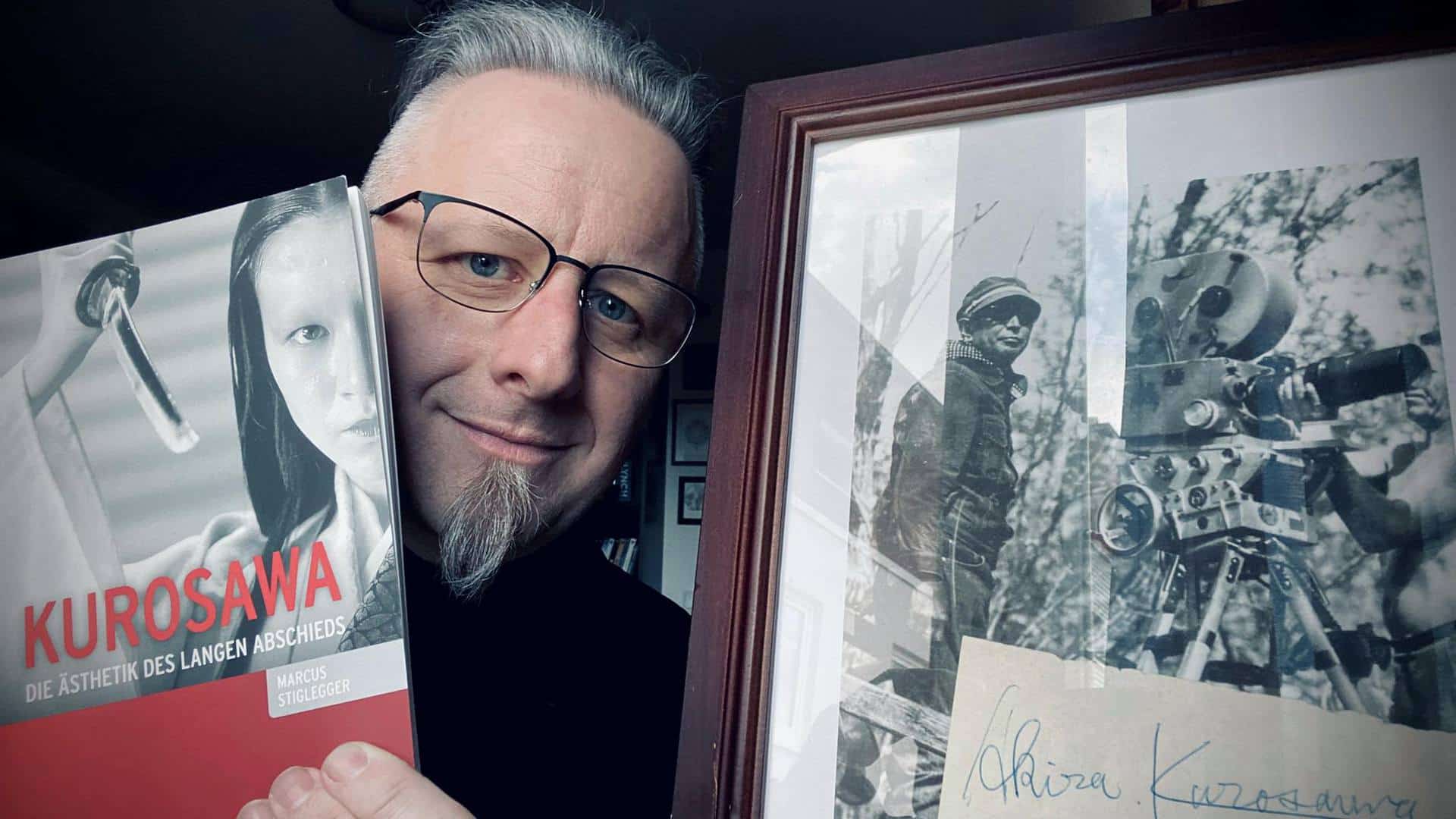Kiyoshi Kurosawa is a unique case of a filmmaker, even for an industry as diverse as the Japanese one, and not just for his additional roles as a film critic and a professor at Tokyo University of Arts. Starting with Pink Film and low-budget V-cinema, he went on to be nominated for an Oshima Prize at PIA Film Festival, worked with Shinji Somai, and won a scholarship to the Sundance Institute by submitting his original screen play for “Charisma”. This particular achievement allowed him to study in the US despite already being a director for almost ten years, which led him to his first major international success, with “Cure”. The film kickstarted a path that led him to the top of J-horror, with his movies, though, implementing a unique approach, that of the “slow-terror”. Some years later, he re-invented himself as he started to deal with family dramas with particular success, with “Tokyo Sonata” netting him the Jury Prize of the Un Certain Regard in Cannes at 2008. His diversity continued with him directing sci-fi and crime thrillers, while in 2016, he headed the French production of “Daguerrotype” and in 2019, the Japan-Uzbekistan co-production of “To the Ends of the Earth”. Lastly, his TV-series “Penance” and “Wife of a Spy” eventually led to theatrical versions, with the latter winning the “Silver Lion” in Venice this year.
On the occasion of the MUBI special “The Uncanny Universe of Kiyoshi Kurosawa”, we present ten of the greatest works of the Japanese master, in chronological order.
*by clicking on the titles, you can read the full reviews
1. The Guard from Underground (1992)
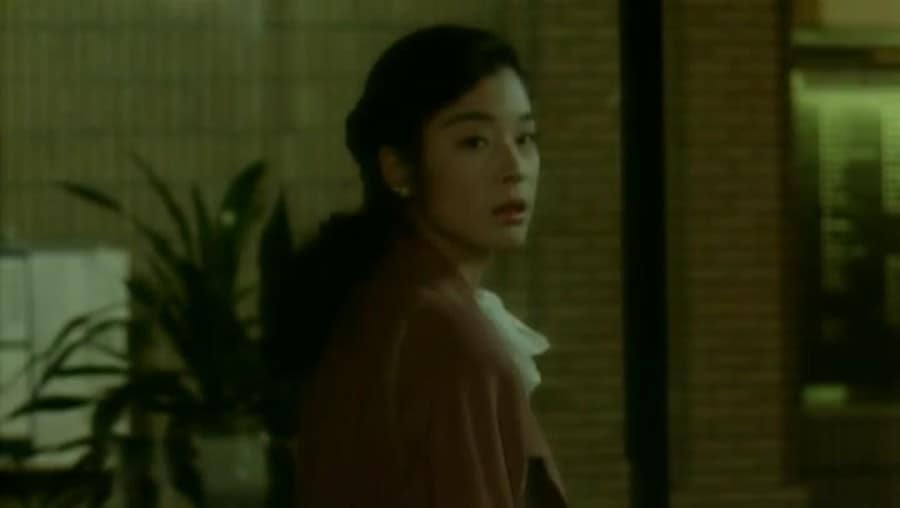
“The Guard from Underground” is a film which shows many of the later trademarks of Kiyoshi Kurosawa' brand of horror. Great cinematography, magnificent music and lighting will likely find admirers among those fond of J-horror and atmospheric films in general. Of course, in comparison to later works this film has many flaws, missed opportunities, especially since its last half is too much embedded within the conventions of slasher. However, the film holds more than just a promise, and within Kurosawa's body of work it is a small, but significant piece of work. (Rouven Linnarz)
2. Cure (1997)
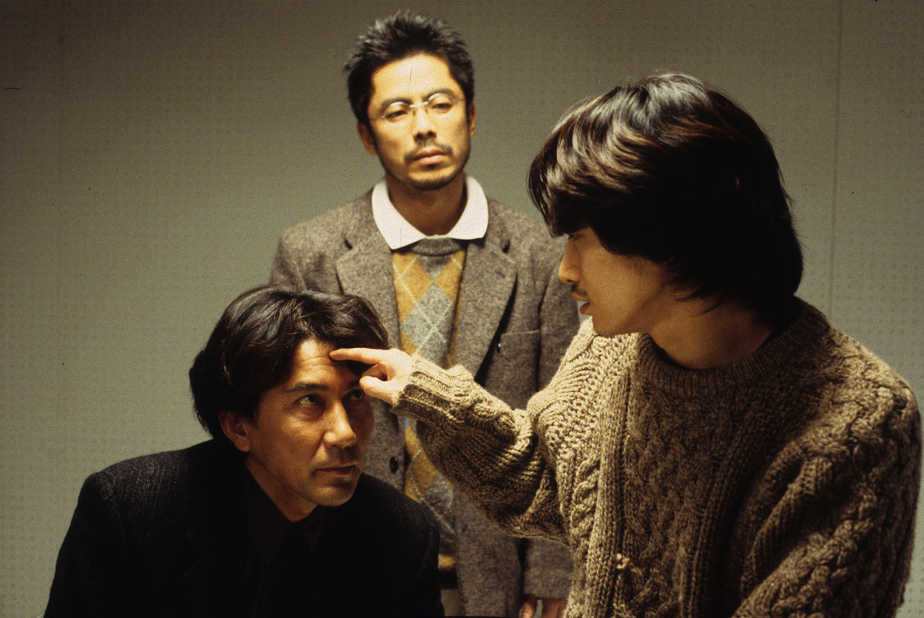
“Cure” is a true masterpiece that transcends the borders of the J-horror by combining it with a number of philosophical comments, while Kurosawa's trait of creating imposing atmospheres finds its apogee here. A must-see for every fan of cinema. (Panos Kotzathanasis)
3. Serpent's Path (1998)

“Serpent's Path” is an interesting, minimalist and tense feature by Kiyoshi Kurosawa, imagining the path towards revenge as a path towards madness and bloodshed. Given its structure and themes, it might just be the better film of the two, even though whether you consider it a masterpiece is a matter of perspective. (Rouven Linnarz)
4. Pulse (2001)
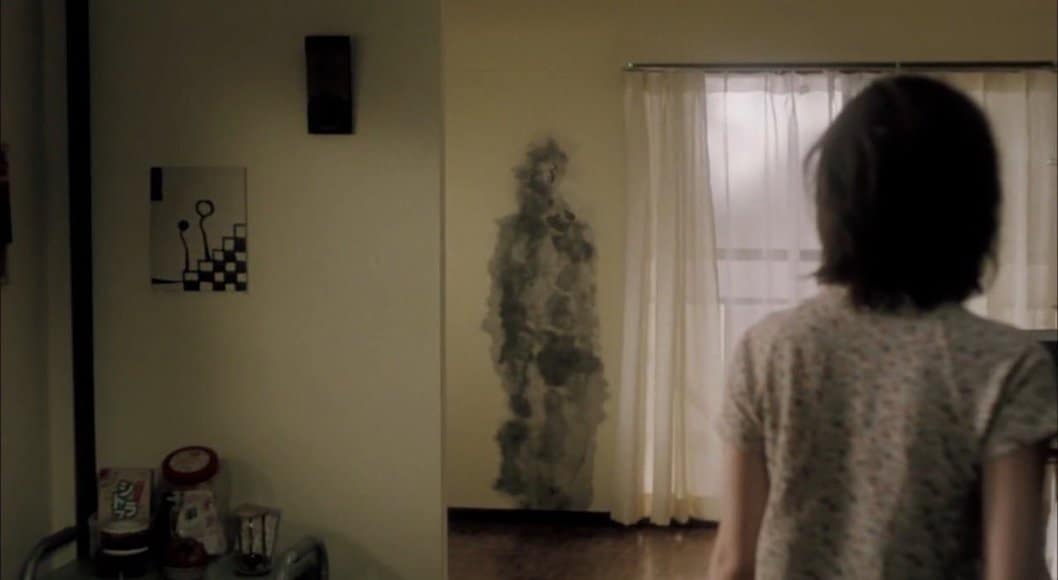
“Pulse” is a film where the nihilistic philosophical horror of Poe, Lovecraft, and the modern master, Thomas Ligotti, interact with modern technology and apocalypse arises. Right from the off, suicide and crisis impacts on the life of a young working class woman, and weirdness imposes itself on an untidy student's life. The sheer mundanity of their urban dislocation is a character in itself. Drab, dull and dreary urban interiors and exteriors permeate “Pulse” imposing its will throughout the film, pumping up the alienation and desperation. Kiyoshi Kurosawa is an intelligent sceptic who creates a melancholy cinematic experience, but punctuated with moments humour. “Pulse” is a horror spectacle imbued with a great sadness, and it is uncannily creepy! (Jonathan Wilson)
5. Bright Future (2003)

“Bright Future” might not be the most accessible work of Kiyoshi Kurosawa, but it is one of mysterious beauty and depth. Even though some actions may not be logical, the outcome is a film which will stand as a counterpart to the often apocalyptic endings of his horror movies like “Pulse” and “Cure”. (Rouven Linnarz)


